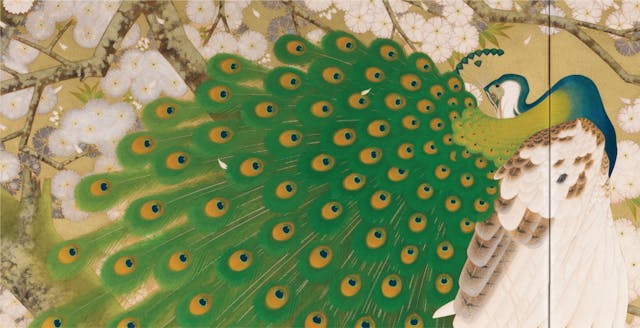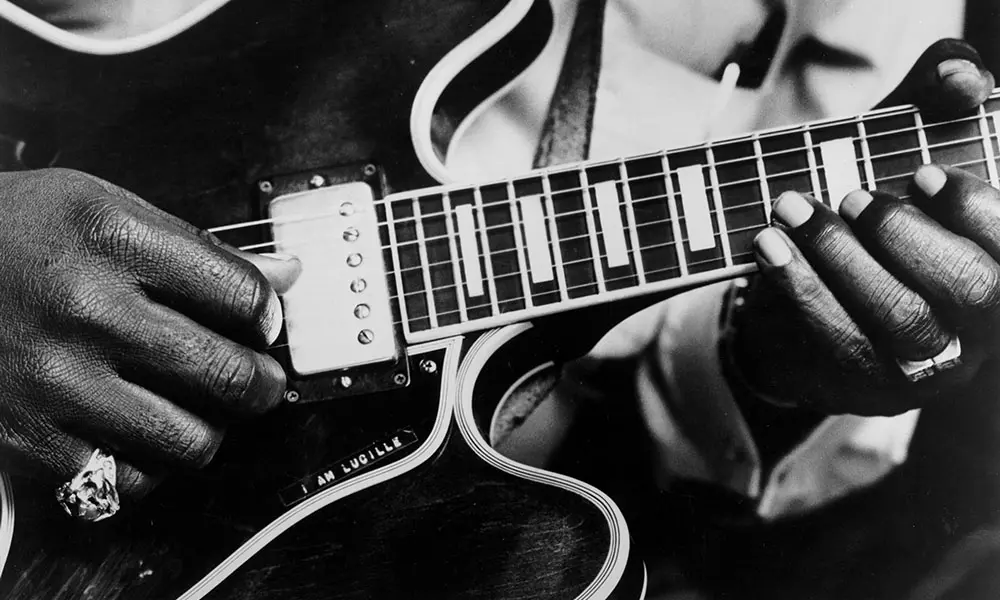The Chicago Blues Style is a powerful and influential genre within the realm of blues music. It originated in the Windy City during the 1940s and 1950s, and has since left an indelible mark on the music landscape. This article delves into the standout figure who best represents the essence and soul of the Chicago Blues Style.

Credit: www.metmuseum.org
Muddy Waters: The Epitome of Chicago Blues
When it comes to the embodiment of the Chicago Blues Style, Muddy Waters stands out as the quintessential figure. Born McKinley Morganfield, Muddy Waters redefined blues music with his electrifying performances and innovative approach. His deep, powerful voice and masterful guitar skills added layers of depth and emotion to his music, making him a symbol of the Chicago Blues movement.
Key Contributions
Muddy Waters was instrumental in popularizing electric blues, taking the sound of the Mississippi Delta and infusing it with a raw, urban energy that became emblematic of the Chicago Blues Style. His groundbreaking recordings such as “I Can’t Be Satisfied” and “Hoochie Coochie Man” showcased his mastery of the genre, earning him widespread acclaim and solidifying his position as a trailblazer in the world of blues music.
Influence And Legacy
Muddy Waters’ impact on the Chicago Blues Style cannot be overstated. His influence reverberated through generations of musicians, inspiring artists such as The Rolling Stones, Eric Clapton, and Jimi Hendrix. Moreover, his legacy endures through the countless blues musicians who have been shaped by his groundbreaking sound and impassioned performances.

Credit: www.udiscovermusic.com
Evolution of the Chicago Blues Style
While Muddy Waters reigns as a towering figure in the Chicago Blues Style, it is essential to acknowledge the broader evolution of this genre. From its roots in the Mississippi Delta to its electrifying transformation in the urban landscape of Chicago, the Chicago Blues Style has continuously evolved, embracing new sounds and influences while retaining its core essence.
Notable Characteristics
The Chicago Blues Style is characterized by its electrified instrumentation, emotive vocals, and poignant lyrics that often explore themes of hardship, resilience, and the human experience. It captures the spirit of the city itself, reflecting the gritty urban reality and the vibrant culture that defined Chicago during the mid-20th century.
Enduring Appeal
Despite the passage of time, the Chicago Blues Style continues to resonate with audiences around the world. Its enduring appeal lies in its ability to convey raw emotion and authenticity, forging a deep connection with listeners from all walks of life. The music’s unapologetic candidness and undiluted passion serve as a testament to the enduring power of the Chicago Blues Style.
Frequently Asked Questions For Which Artist Is Representative Of The Chicago Blues Style: Iconic Icons
Which Artist Is Representative Of The Chicago Blues Style?
Chicago Blues style is often associated with the legendary artist, Muddy Waters. His powerful vocals and dynamic guitar playing exemplify this iconic genre.
Where Did The Chicago Blues Style Originate?
The Chicago Blues style originated in the vibrant African-American communities of Chicago during the 1940s. It emerged as a fusion of rural blues and urban sounds.
What Are The Key Features Of The Chicago Blues Style?
The Chicago Blues style is characterized by its electrified sound, amplified guitars, harmonicas, and soulful vocals. It often includes intense, emotional lyrics and lively rhythm sections.
Who Influenced The Development Of The Chicago Blues Style?
The Chicago Blues style was influenced by various pioneering blues artists, such as Robert Johnson, Son House, and Big Bill Broonzy. Their unique styles helped shape the genre.
Conclusion
In conclusion, the Chicago Blues Style stands as a cornerstone of blues music, capturing the essence of a vibrant era and the spirit of a city. Muddy Waters, with his groundbreaking innovations and profound impact, epitomizes the very soul of this genre. His contributions have reverberated through the annals of music history, leaving an indelible legacy that continues to inspire and impassion musicians and audiences alike. The Chicago Blues Style endures as a testament to the resilience and creativity of a musical movement that continues to captivate and enamor the world.

